We recently connected with Trina Frazier and have shared our conversation below.
Hi Trina, thanks for joining us today. We’d love to hear the backstory of how you established your own practice.
I started my private practice, The Rose Center, PLLC, in April 2020—right at the start of COVID. At the time, I was working as a therapist in a local prison complex, and I had a daughter who was a senior in high school. Being an essential worker meant I couldn’t be home to really keep up with everything going on during that chaotic time. When my job created COVID-related leave options, I qualified because I had a kid in school. Those two weeks at home gave me a chance to catch my breath, connect with her teachers, and, honestly, start thinking seriously about my next chapter.
Private practice had always been part of the plan, but I had to go through the steps—grad school, internships, exams, and finally getting fully licensed, which happened in February 2020. During my time off, I started working for an online counseling service to get some experience managing a caseload in the private sector. When I returned to the prison, something happened that first day back that made it clear: it was time to move on. I gave my two weeks’ notice that same day and started building my practice immediately. I filed for my PLLC, got my EIN, and officially became The Rose Center, PLLC.
I saw my first in-person client that June. From there, it was a whirlwind. I’ve faced plenty of challenges—paying for services that never delivered, losing money to business coaches who disappeared, and dealing with COVID precautions that made in-person sessions tricky. My first office space was another learning curve. I was subleasing from a colleague, which I thought was a great opportunity, but it turned out to be a tough environment—strong chemical smells from nearby hairstylists, an uncomfortable atmosphere for clients, and just not the right fit.
Even with all that, I’m grateful. The lessons I’ve learned—some the hard way—have shaped me and my business. I’ve had mentors and colleagues who were kind enough to share their experiences, and that guidance really helped me avoid a few major pitfalls.
If I could give one piece of advice to someone thinking about starting their own practice, it would be this: you’re going to make mistakes, and that’s okay. Every one of them will teach you something important. Stay open, stay teachable, and remember your “why.” The process can be messy, but it’s worth it when you start to see your vision come to life.
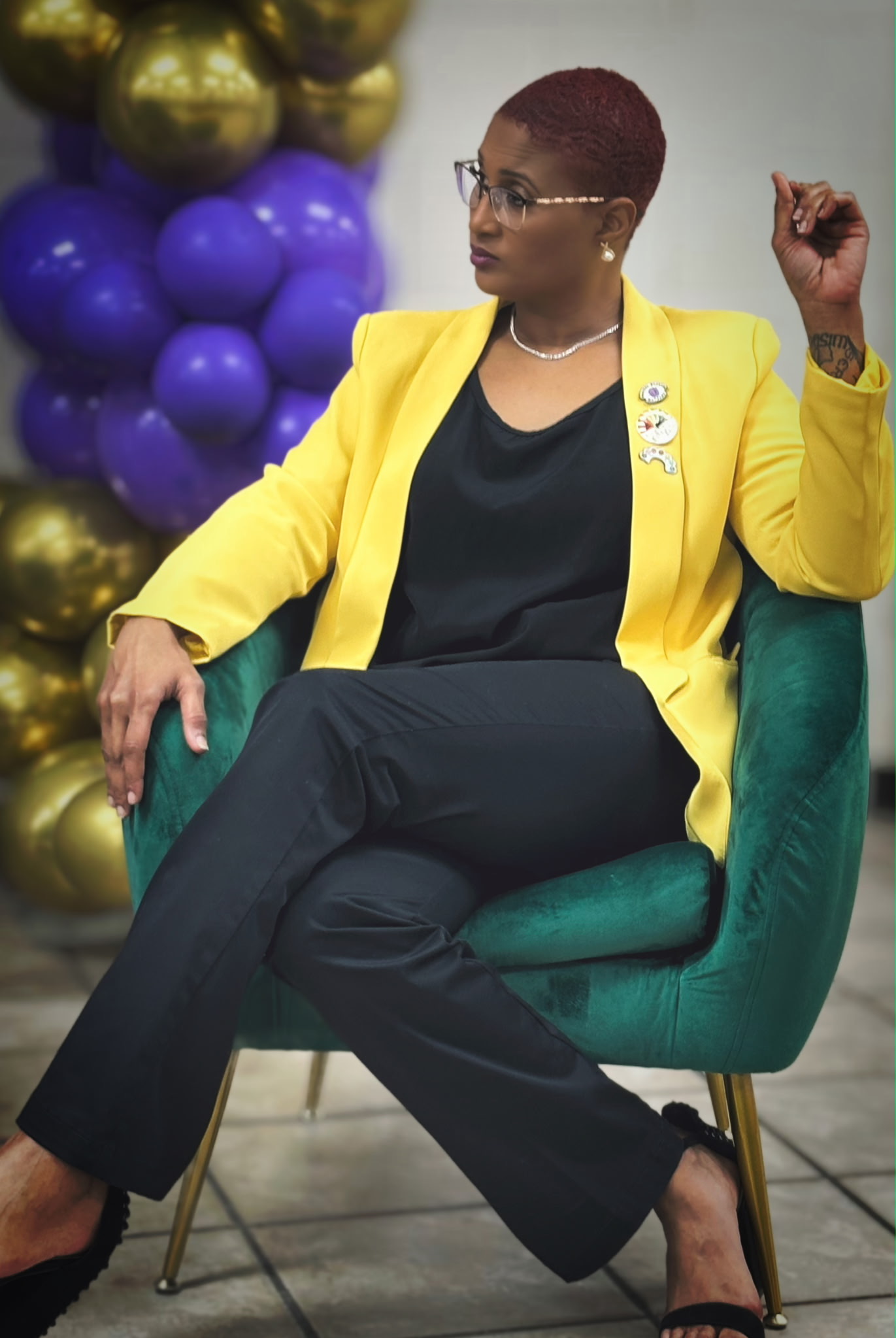
Trina, love having you share your insights with us. Before we ask you more questions, maybe you can take a moment to introduce yourself to our readers who might have missed our earlier conversations?
The Rose Center, PLLC — How It All Began
I actually decided to start my own practice long before I officially took the leap. When I first started college, I was majoring in computer engineering technologies — I’d been saying since middle school that I was going to be a computer engineer. But after my first semester, I realized it wasn’t for me. I took a break, regrouped, and when I returned, I took Psychology 1301. That one class changed everything. I wanted to understand how people function — our behaviors, emotions, and choices.
Telling my dad I was changing my major wasn’t easy. He was skeptical at first, but I painted him a picture of the future I imagined: the couch, the office, the wall of books I’d read, and me, sitting there as a therapist. Eventually, he came around. From there, I followed the steps to make my vision real — grad school, internships, post-baccalaureate classes, exams, and licensure.
I worked as an educator for five years, but by my last year, I knew it was time to return to mental health full time. I worked in crisis for a couple of years, then as a therapist in a local prison and jail. COVID-19 and my work environment became the push I needed to move forward.
I was licensed in February 2020, started seeing clients online that April, and established my PLLC and EIN. My best friend built my first website and paid for my business cards, while another friend gifted me a professional photoshoot and helped set up my domain and email. I saw my first in-person client in June 2020. I named my practice The Rose Center, PLLC after my grandmother, who has played an intricate role in my life — I wanted to honor her while she could witness it, and she was, and still is, incredibly proud.
The early days taught me a lot. I left the online platform when the pay wasn’t sufficient and learned to schedule myself better; I had been working seven days a week. Some clients followed me to private practice, others I had to terminate. Imposter syndrome hit hard as I realized how much running a business requires beyond therapy.
Even later, challenges arose — selling T-shirts to promote my practice led to friction with a vendor, and I faced money lost to coaching and branding setbacks. These experiences taught me the value of vetting vendors, even friends, and believing in myself sooner. Looking back, I would’ve believed in myself sooner. I think a lot of new therapists hesitate because we overthink the “how.” I also would have sought out a business coach earlier, in spite of what happened with the one I eventually secured, but during COVID, resources felt out of reach, and I didn’t realize how accessible that kind of guidance could be.
If I could offer any advice to someone thinking about starting their own practice, it would be this: you’re going to make mistakes, and that’s okay. Every one of them will teach you something you’ll need later. Don’t rush the process, but don’t talk yourself out of it either. Build your foundation carefully, learn the business side early, and stay connected to your “why.” The process can be messy and unpredictable, but it’s also incredibly rewarding when you realize you’ve built something that reflects who you are and the people you want to serve.
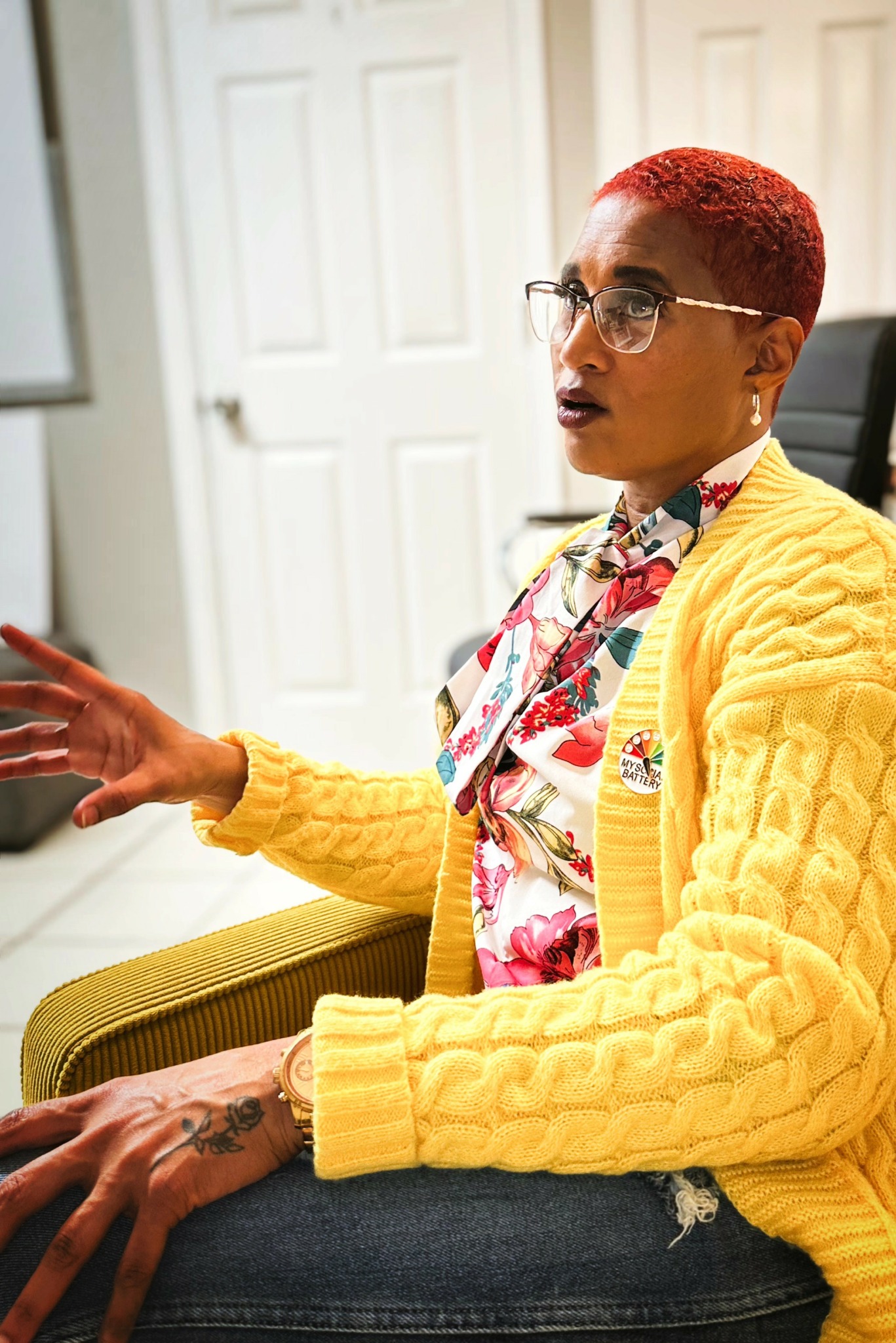
Other than training/knowledge, what do you think is most helpful for succeeding in your field?
I’ve found networking to be incredibly helpful in this field. I’ve held several careers on my way to owning and operating my private practice, and because I moved around so much, some people were confused about when I actually started — a few even thought I was still teaching, when I ended my teaching career in 2016.
My first in-person client came through a referral from someone I had worked with previously. That’s when I realized that, along the way, I had essentially been networking the whole time. I worked in hospital and jail settings, and now I’m on the referral lists for many of those same entities.
As the world began reopening, I attended community events, spoke at schools, and launched a mental health merchandise company, PopPsych!, to promote awareness. People bought and wore the merchandise, which increased awareness of The Rose Center, PLLC, and my presence in the community.
Since then, I’ve become a member of the Better Business Bureau, joined local community groups, and converted PopPsych! into The PopPsych! Foundation, a non-profit dedicated to promoting mental health awareness and funding therapeutic services.
Relationships absolutely matter to me. I’m an overtly community-focused therapist — not knocking those who are not — but I was raised here, graduated school here, and people already knew me. What I needed was for them to know me in this new capacity: as a therapist, a mental health advocate, a community advocate, and someone truly present in the community.
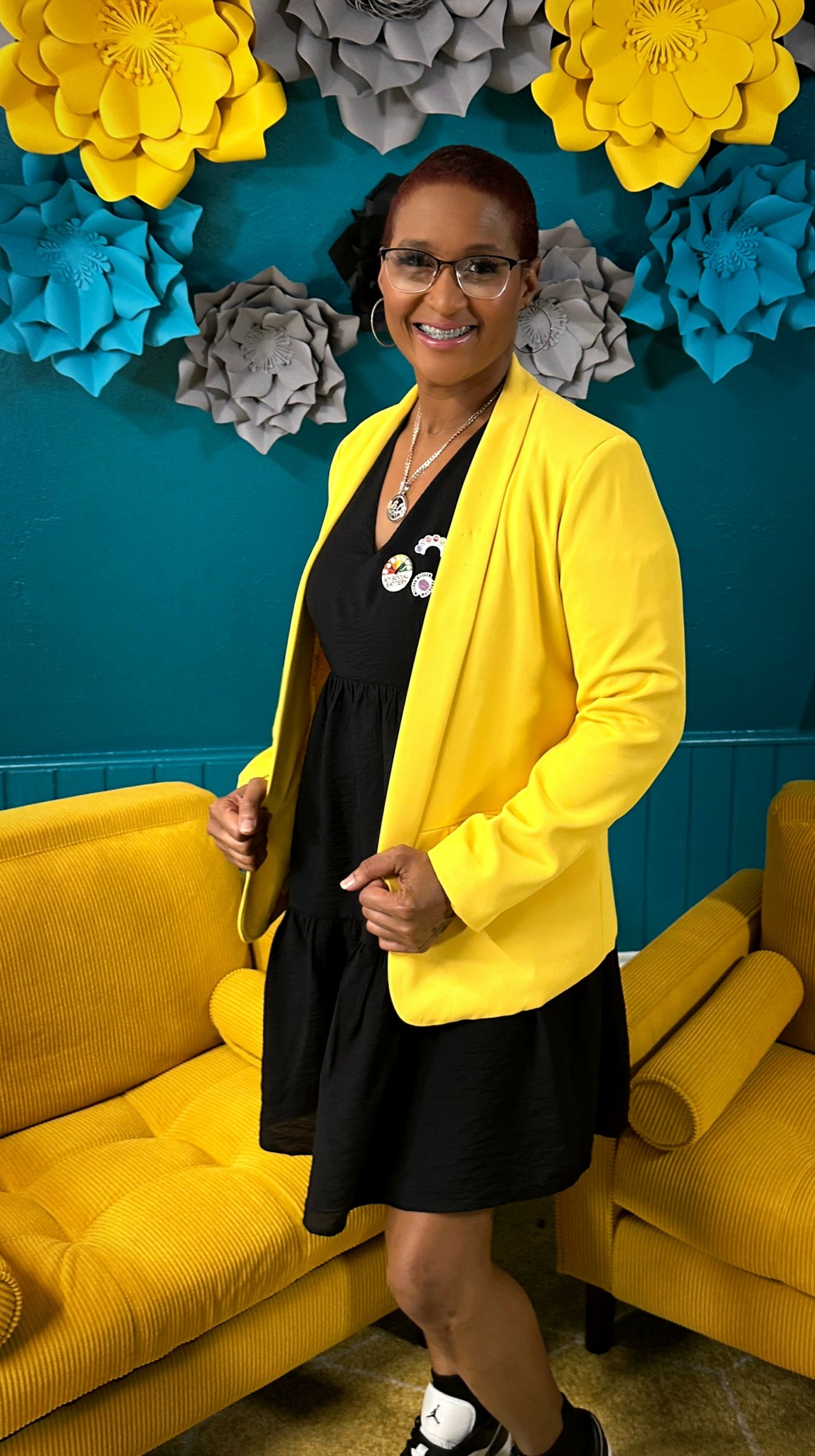
Let’s talk about resilience next – do you have a story you can share with us?
In 2022, as things were opening up and my business was flowing, I found out I was expecting twins — a complete surprise. Naturally, I had all the thoughts: excitement, fear, anxiety, and everything in between. I worried about how this would impact my practice and my presence in the community, especially since the pregnancy came with limitations that kept me from participating as actively as I was used to.
Instead of letting that stop me, I decided to pivot. For Mental Health Awareness Month, I launched PopPsych!, my mental health merchandise company. It was a way to stay connected with the community, continue promoting mental health awareness, and maintain my professional presence. The response was overwhelmingly positive, and it gave me a renewed sense of purpose and confidence. What could have felt like a setback became an opportunity to grow, innovate, and reaffirm my role as a mental health professional in the community.
Contact Info:
- Website: https://www.therosecenter-bmt.com
- Instagram: https://www.instagram.com/therosecenterbmt
- Facebook: https://www.facebook.com/therosecenterbmt
- Other: Facebook for The PopPsych! Foundation : https://www.facebook.com/PopPsych2022
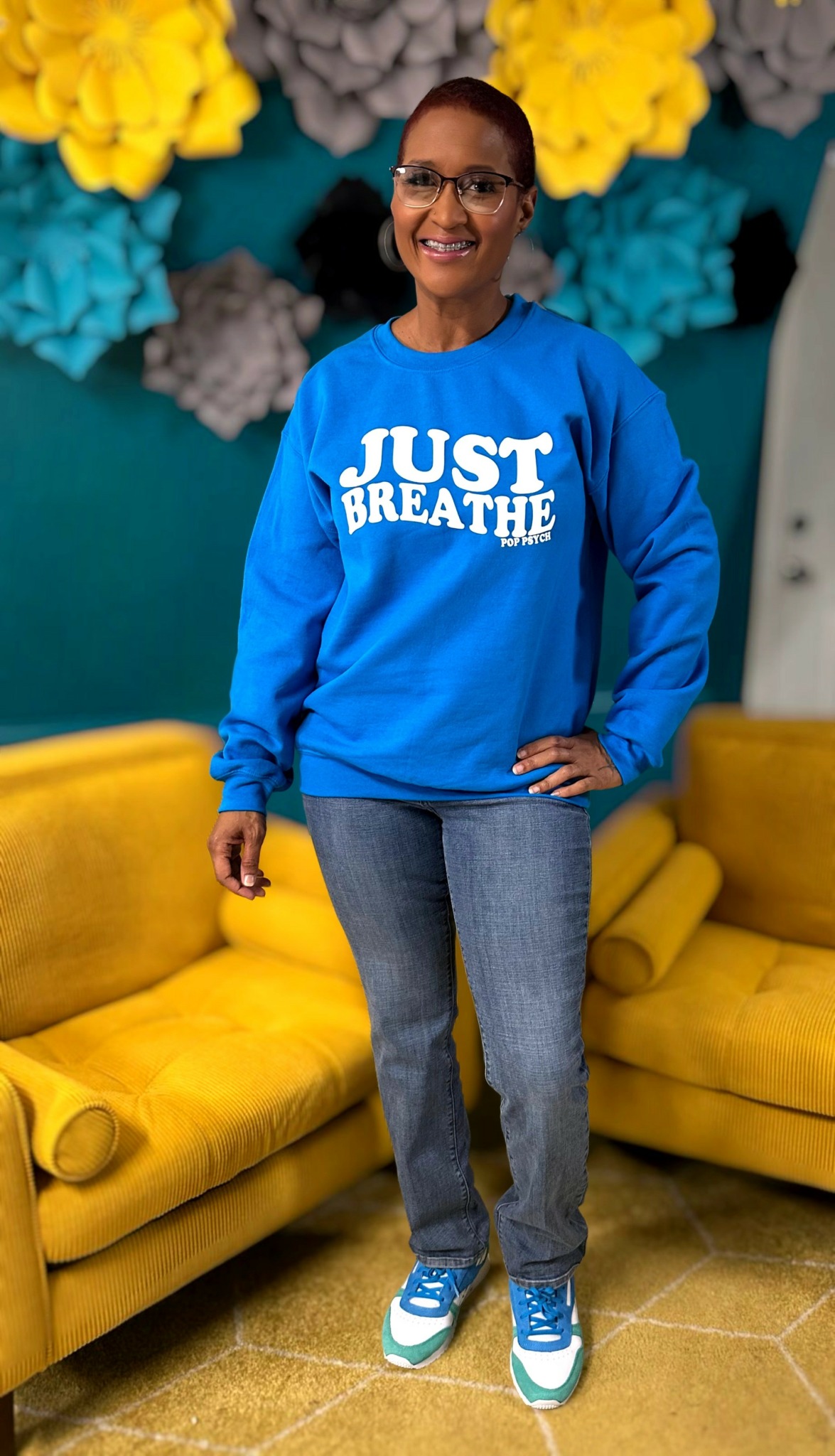
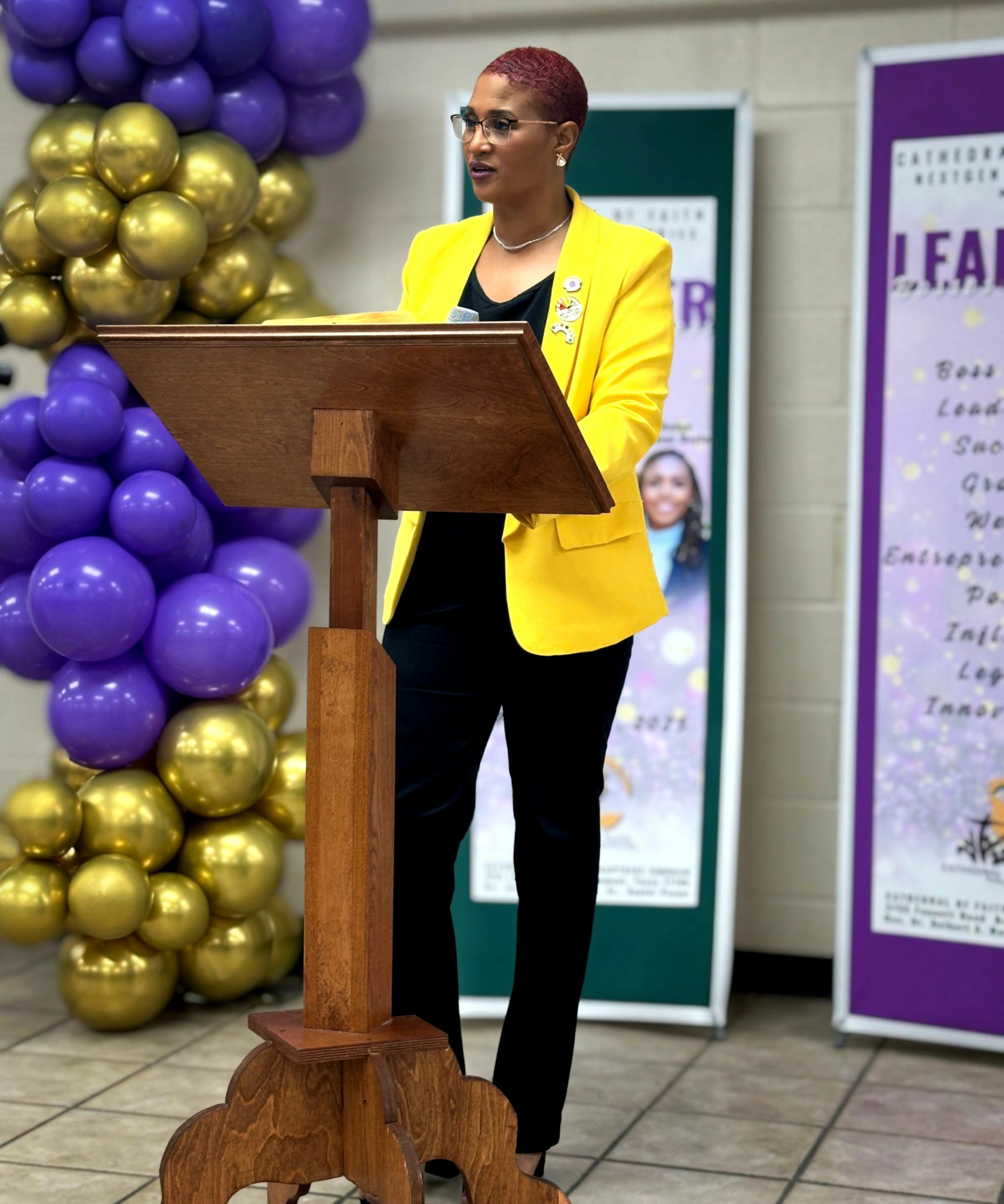
Image Credits
Photo cred to Kristin Francis

